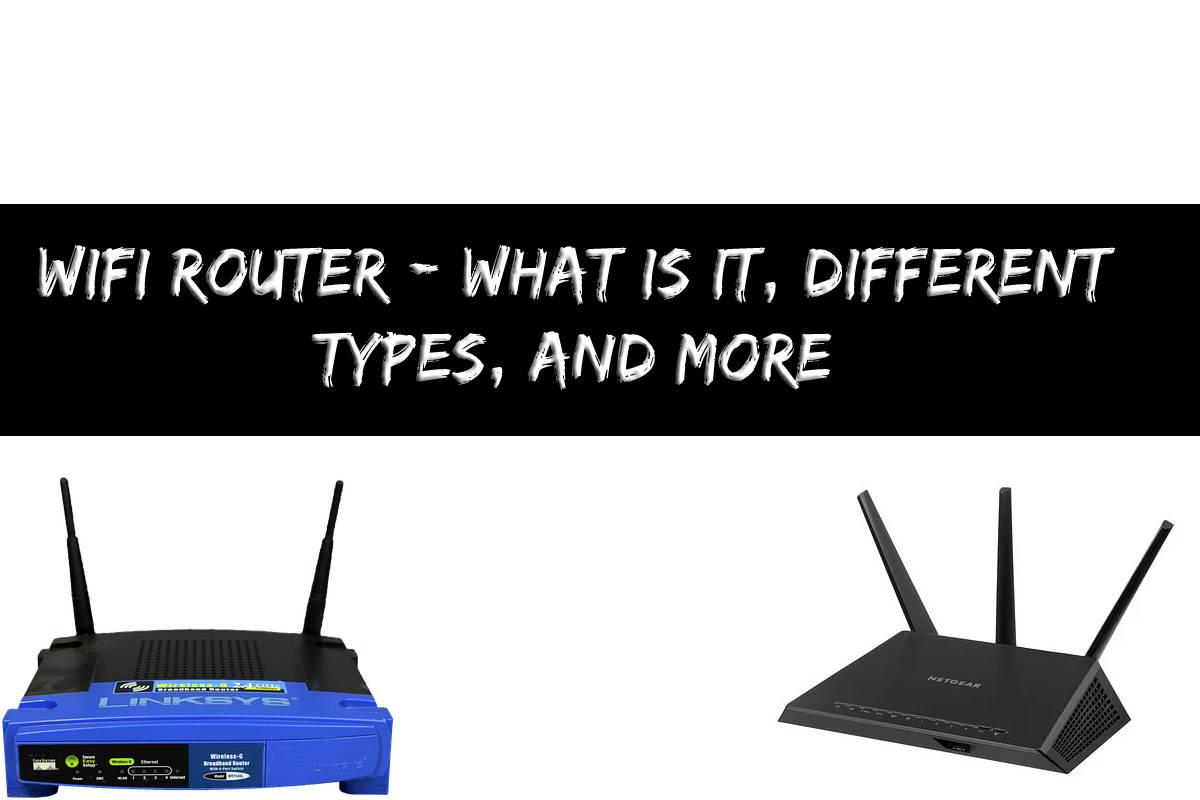Running a small business involves juggling numerous financial responsibilities, from managing payroll and inventory costs to paying taxes. With so much on your plate, it can be easy to overlook something like banking fees. Understanding them all and how they could impact your bottom line can be a bit challenging. Let’s explore the most common types of small business banking fees and strategies for minimizing them.
Table of Contents
Types of Fees
Bank fees might seem minimal, but they can add up, influencing your business’s financial health. It’s important to keep an eye on these fees, just like you would with your daily expenses or monthly bills, because every cost counts, especially when you’re a small business.
Monthly Account Maintenance Fees
What they are: Monthly account maintenance fees are what some banks charge to keep your account up and running. The cost can vary, typically falling somewhere between $10 and $30.
How to avoid them: One approach is simply maintaining the required minimum balance. You can also talk to your current bank and see if you can negotiate these fees down. Remember, it never hurts to ask. Even better? Open a no monthly fee business bank account with no minimum balance requirements to open or maintain an account.
Transaction Fees
What they are: Charges for transactions that exceed a set number of free transactions. Costs vary, often ranging from a few cents to a dollar per transaction.
How to avoid them: Keep transactions within the free limit or switch to an account with a higher or unlimited transaction limit.
ATM Fees
What they are: ATM fees are charges you incur when using an ATM that’s outside your bank’s network. These fees are typically around $2 to $5 per transaction. This means every time you withdraw cash, check your balance or perform any other transaction at an ATM not affiliated with your bank, you’ll likely see these extra charges added to your account.
How to avoid them: Use ATMs within your bank’s network or choose a financial institution that offers fee-free withdrawals from a more extensive network, such as the Allpoint Network. Some banks also offer reimbursement for ATM fees, especially if you hold a premium account, so it might be worth exploring these types of accounts with your bank.
Overdraft Fees
What they are: Fees charged when you make a transaction that exceeds your account balance, essentially borrowing money from the bank to cover the shortfall. These fees are typically quite steep, ranging from about $30 to $35 each time it happens.
How to avoid them: Keep track of your balance and set up account alerts for low balances. Consider linking a savings account or a line of credit to your business checking account for automatic coverage in case of overdrafts, which often incur a lower fee or no fee at all, depending on your banking arrangement.
Wire Transfer Fees
What they are: Fees for sending money quickly and securely from your account to another, domestically or internationally. The fee typically ranges from $15 to $25 for domestic transfers, whereas for international transfers, it can be between $35 and $45.
How to avoid them: Consider using alternative transfer methods like ACH (Automated Clearing House) transfers, which are often cheaper or even free, especially for domestic transactions.
For international transfers, look into services like PayPal or Wise, which can offer lower fees and competitive exchange rates compared to traditional bank wire transfers. Also, check with your bank, as some financial institutions provide fee waivers or discounts on wire transfers for business account holders with certain account types or minimum balances.
Merchant Service Fees
What they are: The charges you incur for using payment processing services, which enable your business to accept credit cards, debit cards, and other forms of electronic payments. The cost of these fees varies widely and is typically a percentage of each transaction, often accompanied by a fixed per-transaction fee, depending on the service provider and the types of transactions you’re processing.
How to avoid them: Shop around and compare rates from different payment processors to find the most cost-effective option for your business. Negotiating with providers for better rates, especially as your transaction volume increases, or choosing a pricing plan that aligns with your sales patterns can also reduce these costs.
Loan and Credit Fees
What they are: The costs you incur for borrowing money to finance your business needs, for example, the interest and fees on business loans or credit lines. These charges can vary significantly depending on the amount borrowed, the loan term, the lender’s policies, and your business’s creditworthiness. Typically, these costs include an interest rate, which is a percentage of the loan amount, and may also encompass additional fees like origination fees, processing fees, or annual fees.
How to avoid them: Maintain a strong credit score to qualify for lower interest rates and better terms which will minimize loan and credit fees. It’s also beneficial to shop around and compare offers from multiple lenders and to thoroughly understand and negotiate the terms and fees of any loan or credit line to ensure you’re getting the most cost-effective deal for your business needs.
Avoiding Overdraft and Other Penalty Fees
While it’s possible to minimize many banking fees, there are others, like overdraft and penalty fees, that can be completely avoided with careful management and planning.
Effective Cash Flow Management
One of the best strategies to dodge overdraft fees is to closely monitor your cash flow. This involves regularly monitoring your incoming revenues and outgoing expenses to ensure that your account always has sufficient funds.
Effective cash flow management also includes timing your bill payments and understanding the ebb and flow of your business cycles. This can help prevent situations where you might accidentally overdraw your account.
Set Up Alerts and Safeguards
Most banks offer alert systems that can notify you via email or text message when your account balance falls below a certain threshold or when large transactions occur. These alerts can provide an early warning system to help you avert overdrafts.
Understand the Terms of Overdraft Protections
It’s important to know the specifics of any overdraft protection services offered by your bank, as these can vary widely.
Some banks offer overdraft lines of credit or savings account transfers to cover overdrafts, which might be less expensive than traditional overdraft fees. However, these services can sometimes come with their own costs, so read the fine print to ensure you understand what fees might apply and under what circumstances. By being fully informed, you can make the best choice for your business and avoid unnecessary fees.
Smart Banking Fee Management for Your Small Business
Actively managing your banking fees is a key component of financial oversight. Be proactive. Understand the fees, carefully monitor your accounts, and don’t hesitate to negotiate with your bank or even switch banks if it leads to a more profitable outcome for your organization. After all, every dollar you save on fees is money that can go back into growing your business.









